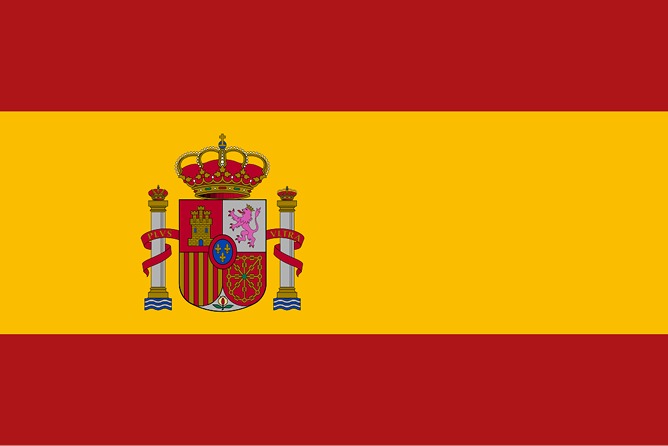Não conseguimos encontrar a internet
Tentando reconectar
Algo deu errado!
Aguarde enquanto voltamos ao normal
Forest landscape restoration partnership shares group knowledge: four different countries, one common goal
11/01/16A Forest Restoration Exchange launched by the Brazilian Ministry for the Environment, Imazon, IUCN, and the World Resources Institute (WRI) is connecting practitioners and experts to scale up and implement knowledge and lessons in sustainable forest management
In September 2015, over nine days, forest restoration experts from Brazil, China, Indonesia and Guatemala traveled through four key Brazilian states - Rio de Janeiro, São Paulo, Minas Gerais and Espírito Santo – to share experiences, form connections and learn how forest restoration can support a green economy and healthy society.
Such exchanges can only be a good thing for large-scale restoration initiatives such as the Bonn Challenge, which now has more than 86 million hectares of forests committed for restoration. Going forward, implementation can benefit from techniques that are underway and future projects can be informed by approaches that are already working or being adapted.
The comprehensive visits to Rio de Janeiro, São Paulo, Minas Gerais and Espírito Santo meant that no topic was left out while meeting over 100 experts from 14 institutions. The topics included watershed restoration; green infrastructure; agroforestry; reforestation for economic use; enhancing soil conservation; reforestation with native species; employment opportunities from restoration; and payment for environmental services (PES).
One PES model highlighted improved water security from forest restoration made possible by a blend of funds from municipal and private sources as well as watershed committee fees. The group also met with an NGO that aims to restore 18 thousand hectares of degraded land and create a biodiversity corridor between several protected areas, and they toured a project to restore 4.5 thousand hectares of Atlantic Rainforest in a former forestry property, a project supported by Suzano Pulp and Paper group.
As a main forest user, the pulp and paper industry was also high on the agenda with a visit to Fibria, a global leader in pulp and paper production. And a partnership among Atlantic Rainforest Pact, the Ecology and Forest Restoration Laboratory and the Tropical Forestry Laboratory seeks to assist tree farmers in complying with Brazil’s forest laws on deforestation while also making a viable economic profit.
Another visit was to the Reflorestar program, which works to improve the health and resilience of Vitoria’s primary watershed while generating jobs and income opportunities for rural landowners by providing payment for ecosystem services and funding to restoration.
More examples and lessons are detailed in the final report or read the original article as published on WRI Brasil’s blog.
 PT
PT
 ES
ES
 EN
EN






